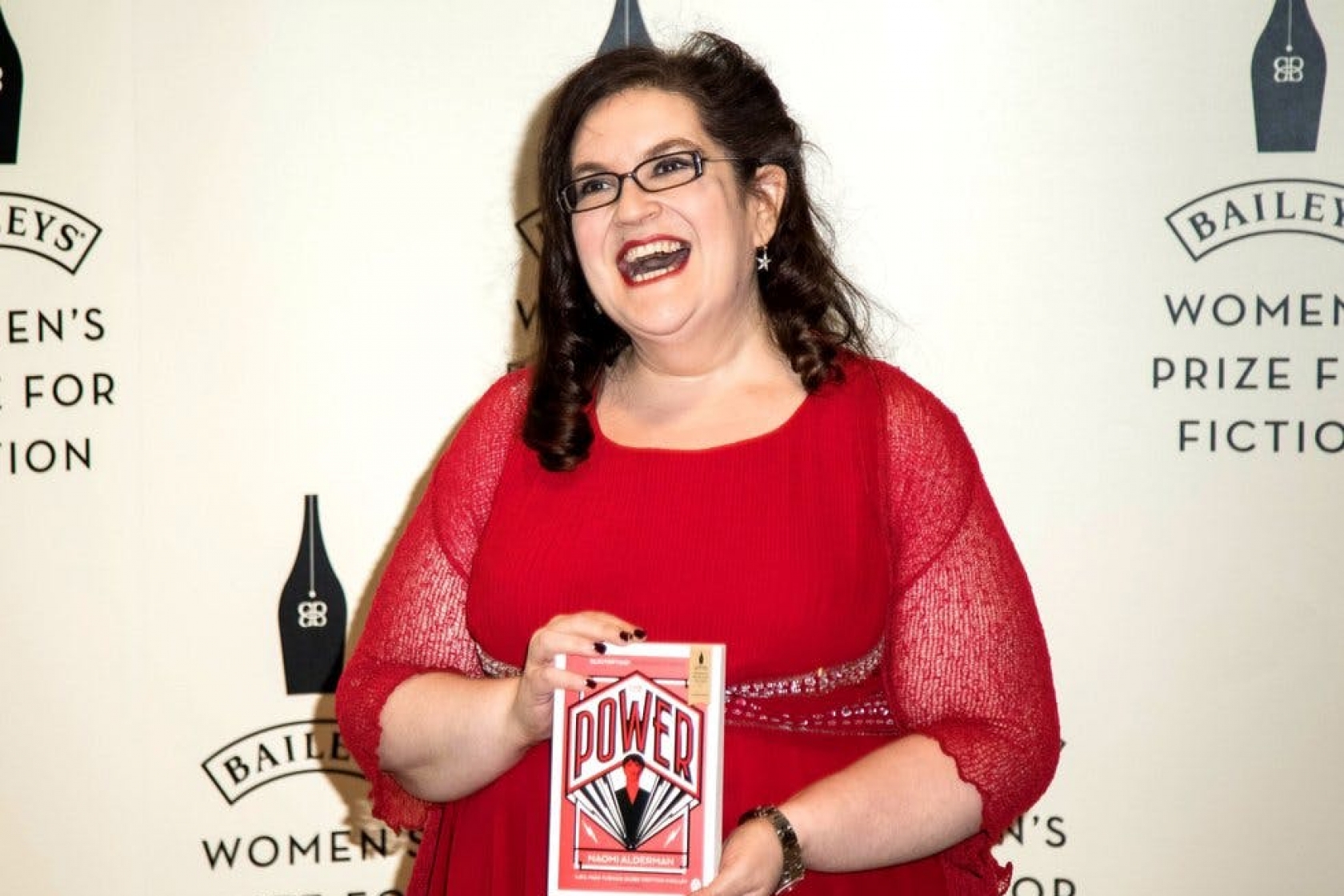

But Alderman goes beyond her predecessors with a narrative that wonders how long before absolute power corrupts absolutely. Speculative fiction has long been a genre where gender roles can be explored-think of The Handmaid’s Tale or even back to Charlotte Perkins Gilman’s Herland.

A young Nigerian photojournalist, Tunde, follows the power from country to country, risking his life and offering the important perspective of an outsider.

Raised in a series of foster homes, Eve, born Alison, uses the power to free herself from an abusive stepfather and reinvents herself as the charismatic matriarch of a female-centric religion. The power is transmitted to older women, and eventually, all baby girls are born with a so-called skein of electricity that runs beneath their collarbones like an extra muscle.Īlderman explores the power’s trajectory through the lives of three women: Roxy, the daughter of a British mobster Margot, an American mayor with political aspirations and finally Mother Eve. At first, they just shock each other for fun, but they quickly learn to harness it, first to protect themselves, then to maim or even kill. The Power tells the disconcerting story of what occurs after a genetic mutation gives teenage girls the power of electricity. Then just when you are comfortable with that-or maybe think, hey, it’s about time-imagine everything that could go wrong. Imagine a world where women are physically more powerful than men. If the best speculative fiction offers up new ways to see our culture, then Naomi Alderman’s The Power (winner of the U.K.’s Baileys Women’s Prize for Fiction) is destined to be a classic.


 0 kommentar(er)
0 kommentar(er)
